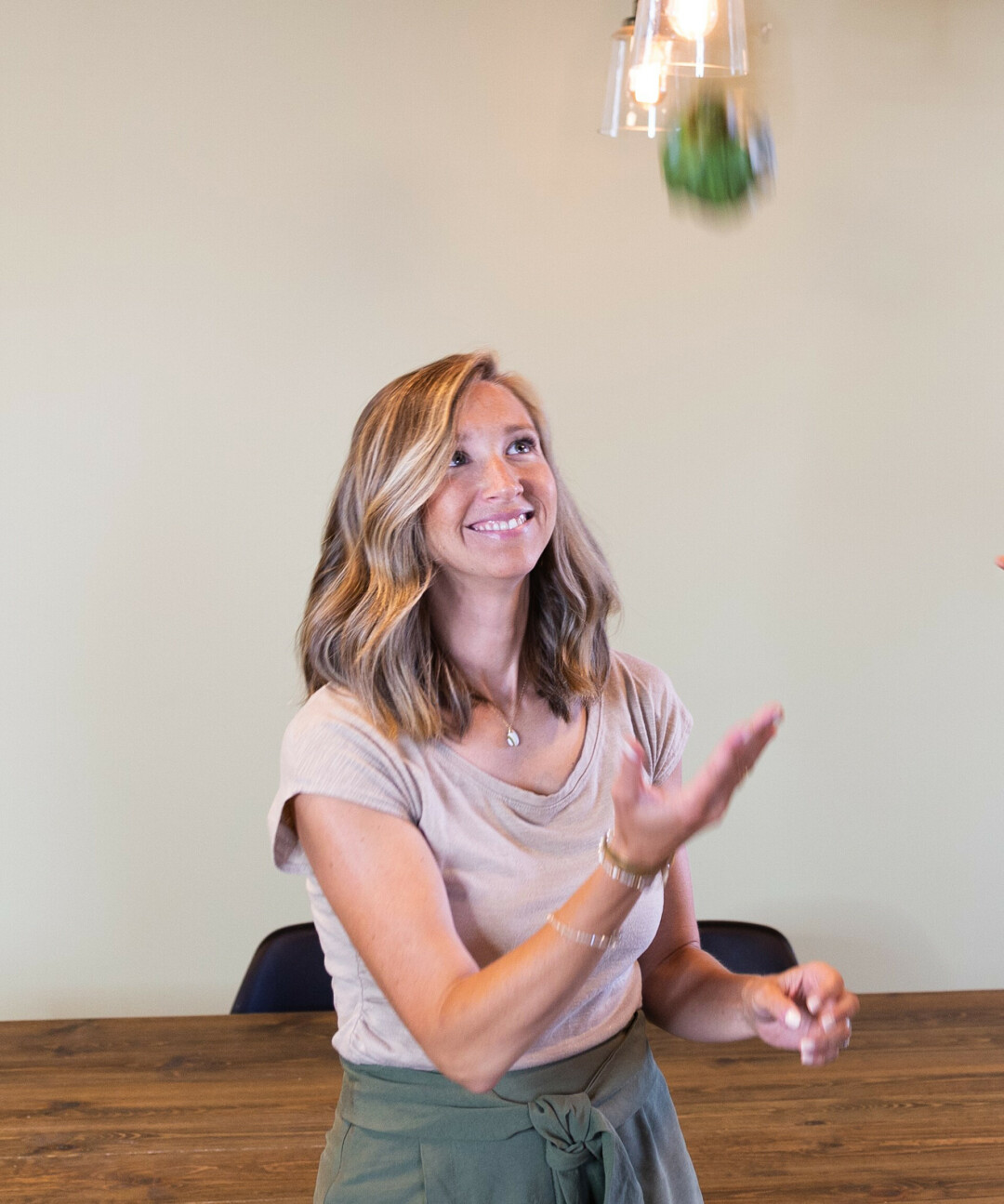Wholesome Endeavors: Local Dietitian Offers Tips on Using Food as Fuel
how focusing on empowering foods and help your body heal

When Hannah Koschak worked at a hospital as a registered dietitian helping people manage disease, she quickly realized people needed more guidance on the importance of nutrition and disease prevention. That’s what led her to start her business, Wholesome Endeavors, last year, to encourage, empower, and inspire people about their health, encouraging locals to enjoy their health journey without contributing to unhealthy weight stigmas.
Koschak currently leads a “Wholesome Women” Facebook group, which allows her to offer new perspectives on food, give tried-and-true tips on improving relationships with food, and provide a healthier nutrition stance that isn’t based on fad diets or trends. She also runs a Wholesome Cooking Club, which includes recorded food demos, which spotlights foods that are ideal for their disease-preventative properties. These prepared meals are served in the to-go coolers at Five & Two Cafe at Down to Earth Garden Center in Eau Claire.
Volume One: What is the relationship between body and food?
Hannah Koschak: We’ve all heard “food is fuel,” but I think people often think of having more energy when they hear that. But they don’t think about how food feeds your cells, your immune system, and contributes to your gut and brain connection. Your body is continually healing itself, but food helps your body heal itself.
What does food have to do with disease?
My clients often hear, “What you do most often matters most” because, like I said, your body is always healing itself. When it comes to the health of your arteries, cells, organs, and even your brain, food has been long researched to offer disease preventative properties. It is a tool that is unfortunately underused and often taken advantage of.

How do you help the community navigate their relationships with food?
This is often customized, as I work closely with clients. But, as a whole, I take the pressure off of right/wrong, good food/bad food, eating to lose weight, and put the emphasis on enjoying learning about food and cooking while preventing disease. Eating for weight loss is not always healthy eating. Weight stigma is from society leading you to believe you are a more valuable person if you are losing weight or if you are a certain weight. Once people start learning how to use nutrition for self-care, rather than a diet, they often reach their health goals – and more.
What are some simple tips for fueling your body better?
Always have a basket in your house and workspace with fruits, vegetables, and nuts available for easy grab-and-go options. Often people end up eating unfavorable options because they are in the habit of being unprepared. Another tip would be to avoid overhauling your eating habits all at once. Choose one meal, or one food group (like improving to healthy carbohydrates from overly processed carbohydrates), or even beverages, to learn more about healthier choices. Once you’ve mastered that, move to something else.

Learn more about Wholesome Endeavors at wholesomeendeavors.com.


